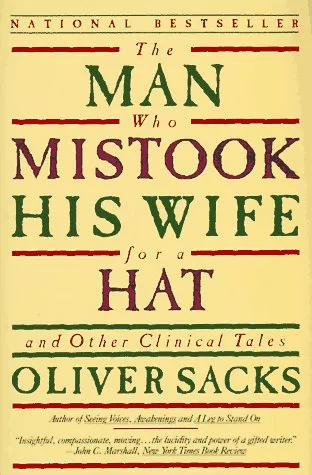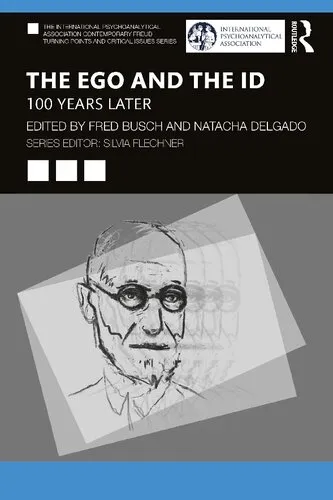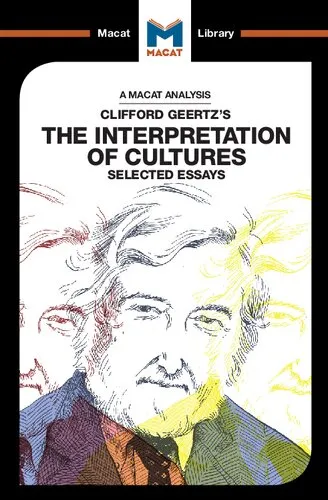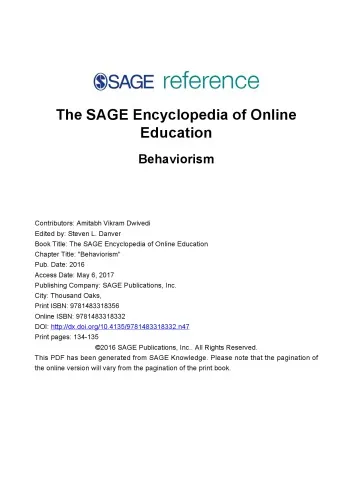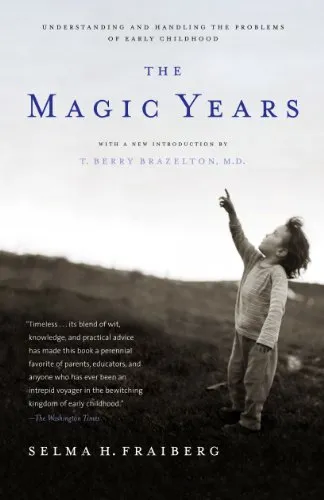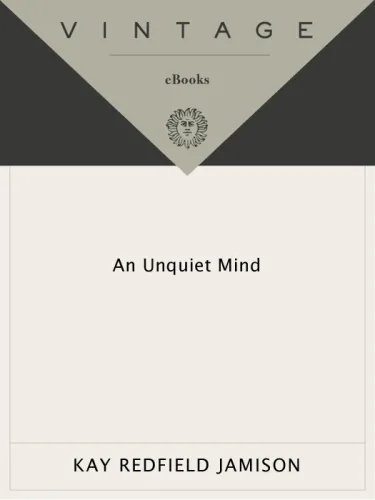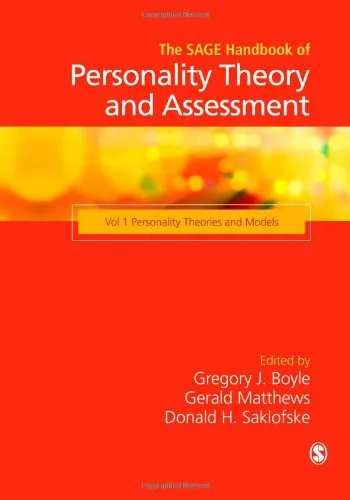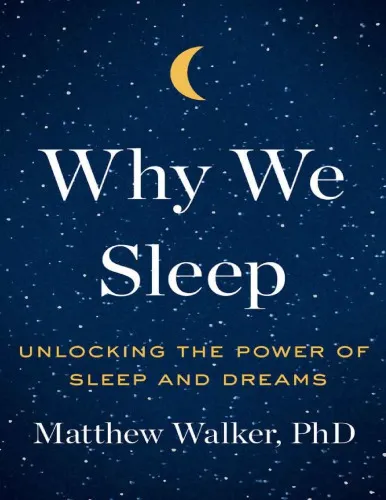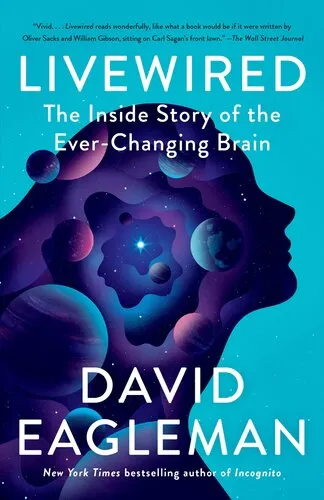The Man Who Mistook His Wife for a Hat: And Other Clinical Tales
4.6
Reviews from our users

You Can Ask your questions from this book's AI after Login
Each download or ask from book AI costs 2 points. To earn more free points, please visit the Points Guide Page and complete some valuable actions.Related Refrences:
Introduction
Welcome to a realm where the borders between neurological function and the core of human identity are explored with profound depth and clarity. "The Man Who Mistook His Wife for a Hat: And Other Clinical Tales" by Oliver Sacks is not just a book about neuroscience—it is a voyage into the mysteries of the human mind, detailing the unique and, at times, bizarre neuropsychological disorders that challenge conventional understanding.
Detailed Summary
Oliver Sacks divides this insightful book into four parts: Losses, Excesses, Transports, and The World of the Simple. These sections carefully categorize a series of patient case studies, each illustrating unusual conditions that affect the brain and its perception of reality.
"Losses" delves into conditions that involve neurological deficits, where patients experience a loss of mental faculties or skills. It begins with the titular case of Dr. P., a musician who suffers from visual agnosia and, bizarrely enough, mistakes his wife for a hat. This is followed by other cases like a man who loses the concept of "left" and a woman who only perceives the past.
"Excesses" focuses on conditions where brain function is excessive rather than diminished. This portion includes cases like a man who persistently sees an alter ego and an artist who experiences a heightened sense of color after a drug-induced hallucination.
In "Transports," Sacks explores instances where individuals are seemingly transported to different realms of perception. This section includes inspiring and sometimes turmoil-filled stories of those experiencing untamed ecstasies of memory, music, and words.
Finally, "The World of the Simple" examines the often startling lives of those with developmental challenges and intellectual disabilities. It showcases the richness of experiences felt by those traditionally deemed "mentally deficient."
Key Takeaways
- Human identity and neurological function are intricately linked, yet profoundly complex.
- Each case challenges the notion of normalcy and provokes deeper insight into the brain's capacity and fragility.
- Despite neurological deficits, patients often exhibit remarkable forms of adaptation and resourcefulness.
- The book emphasizes empathy and understanding as central to humanizing the study of neurological and psychological disorders.
Famous Quotes from the Book
"If a man has lost a leg or an eye, he knows he has lost a leg or an eye; but if he has lost a self—himself—he cannot know it, because he is no longer there to know it."
"It is not only the difficulty of speaking, understanding, reading, or writing... but the helpless and terrifying feeling of a world that is incomprehensible, inaccessible, and remote."
"In examining disease, we gain wisdom about anatomy and physiology and biology. In examining the person with disease, we gain wisdom about life."
Why This Book Matters
This book is essential reading for aspiring neurologists, psychologists, and anyone fascinated by the endless corridors of the human mind. Oliver Sacks, through his eloquent prose, opens a window into a world rarely understood by the layperson. The case studies are scientifically rigorous yet infused with humanity and compassion, providing insights into how people live with and adapt to severe cognitive and perceptual changes. Sacks' ability to journey beyond the sterile data of neurology to capture the personal stories of his patients makes it a remarkable contribution to both science and literature.
This work not only serves as a poignant reminder of the frailty and resilience of the human spirit but also promotes a deeper understanding and appreciation of those living with neurological disorders. In doing so, it challenges readers to reconsider their perceptions of normality, identity, and what it truly means to be human.
Free Direct Download
You Can Download this book after Login
Accessing books through legal platforms and public libraries not only supports the rights of authors and publishers but also contributes to the sustainability of reading culture. Before downloading, please take a moment to consider these options.
Find this book on other platforms:
WorldCat helps you find books in libraries worldwide.
See ratings, reviews, and discussions on Goodreads.
Find and buy rare or used books on AbeBooks.
1440
بازدید4.6
امتیاز0
نظر98%
رضایتReviews:
4.6
Based on 0 users review
Questions & Answers
Ask questions about this book or help others by answering
No questions yet. Be the first to ask!
